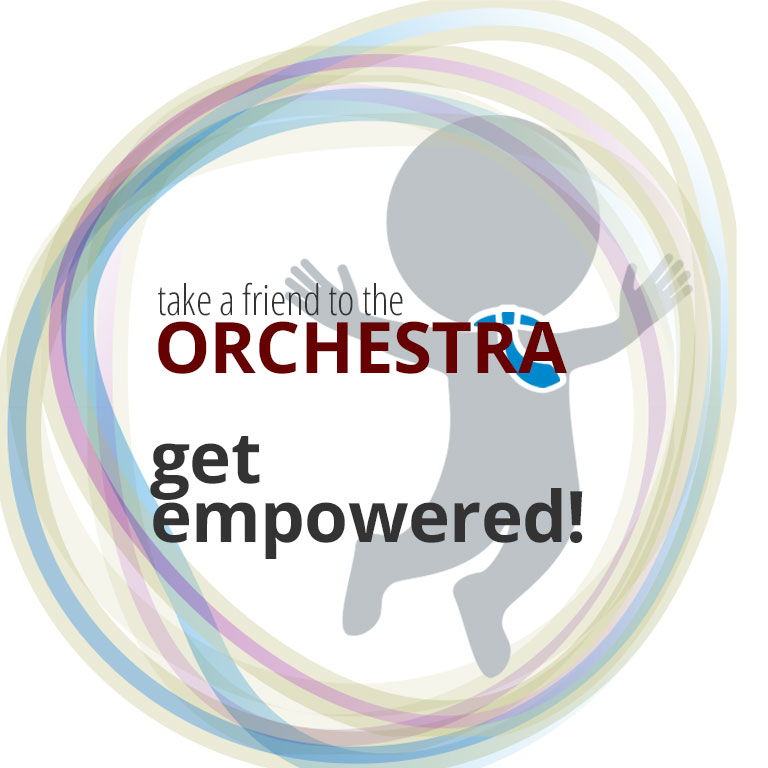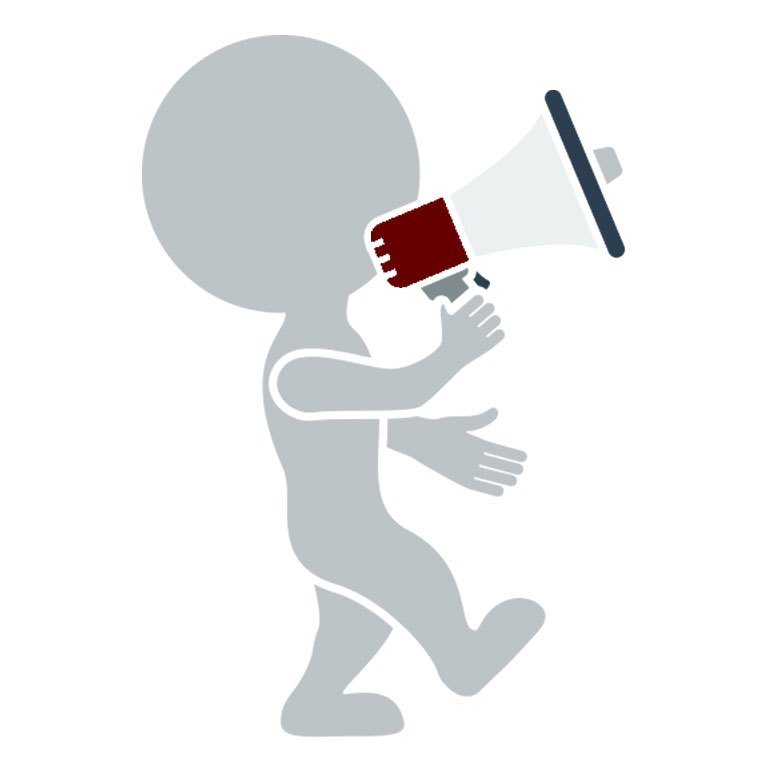A TAFTO initiative simply isn’t complete without a contribution from a real live orchestra musician. This year’s contribution comes from Timothy Judd, a violinist in the Richmond Symphony Orchestra.
If you’re interested in seeing the issues of audience development from the eyes of a professional orchestra musician and like straightforward, detailed ideas then this is your article…
TAFTO 2006 Contribution
By: Timothy Judd
As an orchestral violinist, I follow a routine before concerts. I usually leave home about an hour before the downbeat and swing by Starbucks for my caffeine fix. Dressed in a penguin suit, violin case in hand, I quickly realize that I am a walking advertisement for my orchestra. Sometimes, it garners a number of unsolicited questions and interest. A woman stops to ask me what instrument is in the case. The man behind the counter enthusiastically tells me that he played the violin in his school orchestra.
These occasional conversations have led me to the conclusion that there are more people interested in classical music than we see in the concert hall. Live orchestral music is a great product, but it doesn’t sell itself. As a musician, I believe it is my responsibility to not only play great music but also to help others discover why it is so exciting. This includes fighting for high quality music education in all of our public schools so students can experience classical music at an early age.
Before taking friends to the orchestra for the first time, it might be interesting to find out if they have any perceptions of classical music. I’ve encountered people who assume classical music is stuffy, highbrow and hard to understand. Some even tell me that they see themselves more as a “NASCAR person” than a “symphony person”.
So how do you go about shattering these stereotypes? First, help your friends understand that classical music isn’t about dressing up and showing that you know when to clap at the right times. I go to concerts because listening to classical music is fun! This music has stood the test of time and it belongs to everyone.
Maybe you could show how music relates to other activities your friends enjoy. If they enjoy watching a NASCAR race because of the speed, power and excitement, try showing them how they might get the same feeling of excitement and motion by listening to “A Short Ride In A Fast Machine” by John Adams or “Pacific 231” by Arthur Honegger or even Beethoven’s Fifth Symphony. There’s no reason why people can’t appreciate both sports and classical music. As a matter of fact, I even know some musicians in my orchestra who are NASCAR fans.
Before the concert, give your friends some insights into how you listen to music. If they try to approach an orchestra concert like they would a rock concert they may end up disappointed. Unlike a rock concert, which relies on spectacle and audience participation, an orchestra concert requires you to focus and really listen. Like looking at visual art in a museum, the more attention you give to the music, the more you will get out of it.
At the same time, don’t get upset if your friends enjoy aspects of the concert experience that you consider shallow. Audiences have always been captivated by flashy, charismatic soloists and daredevil displays of technique and the stories of women fainting at concerts given by virtuosos like Franz Liszt and Paganini (whether true or not) make today’s concerts seem tame.
In the end it is important to let the music stand on its own. However, don’t be afraid to share interesting facts about the composers with people who are new to classical music. These details may help them to pay more attention to the music. For example, Mozart’s First Symphony seems like just another symphony until you consider that he wrote it when he was eight years old. Beethoven’s music sounds even more shocking when you realize that the people first hearing it were expecting it to sound like Haydn.
Don’t expect your friends to be able to start out listening to a whole forty minute symphony with the same level of enthusiasm you experience. Instead, get a recording of the piece you will hear at the concert and play your favorite parts a few times. Tell your friends why you like these sections and see if they can find them in the live performance.
Most importantly, let your friends see your enthusiasm for the music and remember that sometimes one concert is all it takes to hook someone on classical music. I still remember my parents taking me to David Zinman’s last concert as Music Director of the Rochester Philharmonic Orchestra when I was around ten years old. The orchestra played Mahler’s Symphony No. 2, “Resurrection.” For many Saturday mornings after that I awakened my parents with sounds of Mahler blasting from the stereo. I hope my friends at Starbucks are equally inspired.



What a fantastic way to represent an orchestra. I wonder if more symphony musicians and especially managers could take a page from Tim Judd’s book.
Mr. Judd,
>From the audience’s side, there’s always the question about how much musicians want to hear when bumping into us after a performance. Ignoring the artist is rude but one doesn’t want to intrude on what is by then private time.
Any thoughts on where the line should be drawn? Ambassadorship for the arts is well and good but does the ticket imply a social introduction?
Ravi Narasimhan
Redondo Beach, CA
I think most musicians enjoy talking with audience members off stage and do not view it as an intrusion. We spend hours a day practicing and rehearsing and it is gratifying when audience members take an interest in what we do. Talking with audience members allows musicians to not only share their passion for music, but also to get a unique perspective from the other side of the stage. Through innovative marketing, orchestras should do more to promote musicians as human beings. It would be exciting to try to develop an atmosphere where the orchestra is as important to the identity of a community as the sports team. -Tim Judd
Seldom is drama in music so touchable as in the songs of Mahler.